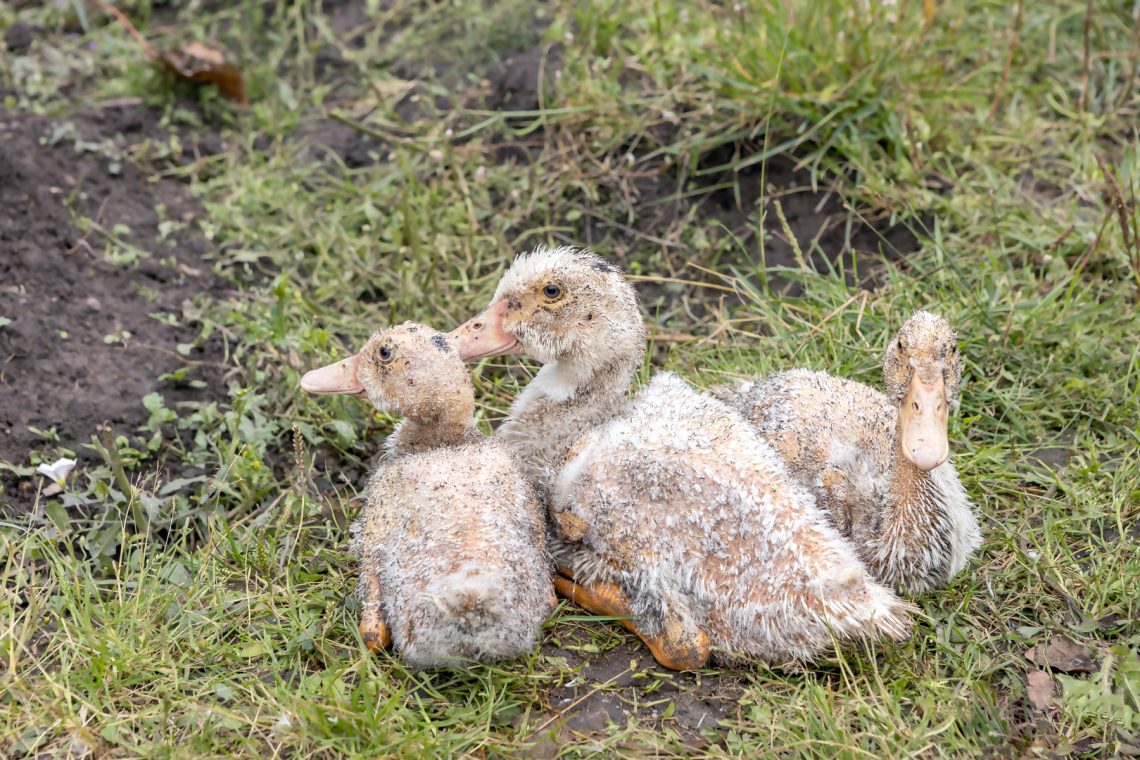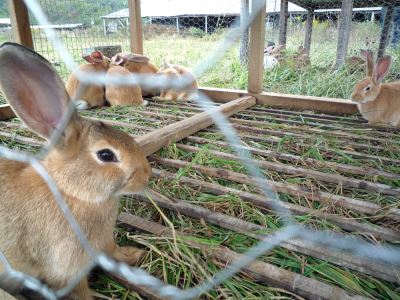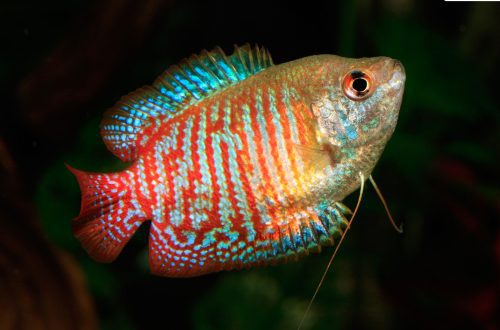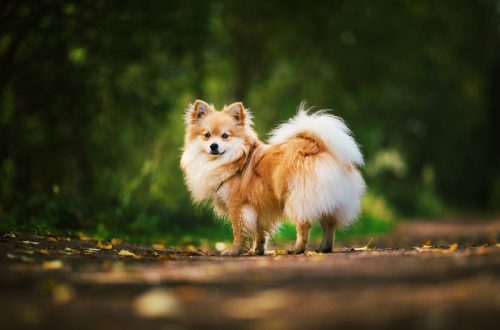
Features of growing and keeping conditions of Bashkir ducks, their possible diseases
The breed of Bashkir ducks was bred by breeders of Bashkiria. Initially, it was planned to carry out work to increase the productivity of the Peking duck, but as a result, a completely new meat and egg breed appeared – the Bashkir. Bashkir duck meat has impeccable taste, there is practically no fat in it (only 2% of the total mass) and there is no specific smell at all. An individual of the Bashkir breed compares favorably with its relatives in many respects. It:
- Rapid growth (already by 2,5 months, her weight is 4-4.5 kg.).
- High egg production (one duck can lay more than two hundred eggs a year, from which more than 150 ducklings can be hatched in an incubator). The eggs are quite large, weighing 80-90 grams.
- Endurance and unpretentiousness in care. Ducks of the Bashkir breed have a well-developed maternal instinct and can incubate eggs themselves, “Bashkir” has a fairly strong immunity and can be kept even at low temperatures.
These are the main reasons why not only poultry farmers, but also large poultry enterprises are engaged in breeding Bashkir ducks with great pleasure.
Breed description
The exterior of this bird is enough strong, muscular. The beak, as a rule, is strongly flattened and slightly concave, widely spaced legs of medium length, orange. The individual has well-developed wings that fit snugly to the body. By color, Bashkir ducks are divided into two types: black and white and khaki. Unlike females, males “dress” more brightly.
Features of the content
Newly hatched ducklings are transferred to specially prepared cages or rooms. There must be a deep, warm underlay on the floor. Ducklings of the Bashkir breed have high level of survivability. Almost immediately after birth, they can drink water on their own.
In the first three weeks of life, ducklings must be kept at an air temperature of at least +30 degrees. In the future, as they grow, it can be reduced to + 16-18 degrees. When the ducklings reach three weeks of age, they need to reduce daylight hours to 9-10 hours. This mode of detention is maintained for up to 5 months. For individuals of 10-11 months, the daylight hours are again increased (up to 15 hours) with the help of artificial lighting.
You need to walk the chicks directly on a pond or other body of water. If there is no natural pond nearby, you can create an artificial one. A brood of ducks of the Bashkir breed must be kept with a brood hen, which will feed them and protect them from danger. Do not be upset if the hen could not be found. In this case, you can use an ordinary chicken, which will be engaged in the “education” of the younger generation no worse than a mother duck.
Food
In the diet of ducks of the Bashkir breed, it is necessary include vegetables, vitamins, various supplements and river sand. Since the duck individual has a strong intestine and a fairly fast metabolism, it digests food more intensively than other birds, so you need to feed it at least 3 times a day.
In order to increase egg production, ducks of this breed are recommended to give a mash in the morning and afternoon, and in the evening, so as not to overload the stomach with wheat. The ideal option would be to use sprouted grains for feed, which can be replaced with finely chopped root crops or silage. Root crops also need to be given in the cold season in order to prevent beriberi.
It is necessary to observe the diet: make sure that the ducks do not starve, but do not overeat, as this can lead to excessive obesity and deterioration in the quality of meat. The Bashkir duck is not picky about food, it can eat both special food and ordinary grass in the pasture. A duck of this breed loves water very much, per day can drink up to 2,5 liters, so you need to constantly monitor the presence of water in the drinkers and change it several times a day, as it gets dirty.
If an individual is grown for meat, it must be slaughtered upon reaching 4 months of age, since by this time the maximum weight is reached, it stops growing, begins to shed, and its further maintenance becomes meaningless. Despite the fact that the Bashkir duck has a fairly high immunity to infectious diseases, the health of the bird must be carefully monitored. Young individuals of ducks of the Bashkir breed often fall ill with viral hepatitis, which subsequently leads to their death. Also, poultry farmers are concerned about the emergence of a new “duck syndrome”. A very effective treatment for this disease is Terramycin.
So, breeding and growing “Bashkir”:
- Does not require large investments
- It brings a good income both in the conditions of a small private economy and a large poultry farm.
Thus, proper care and maintenance of Bashkir ducks can bring great profit at low cost.





